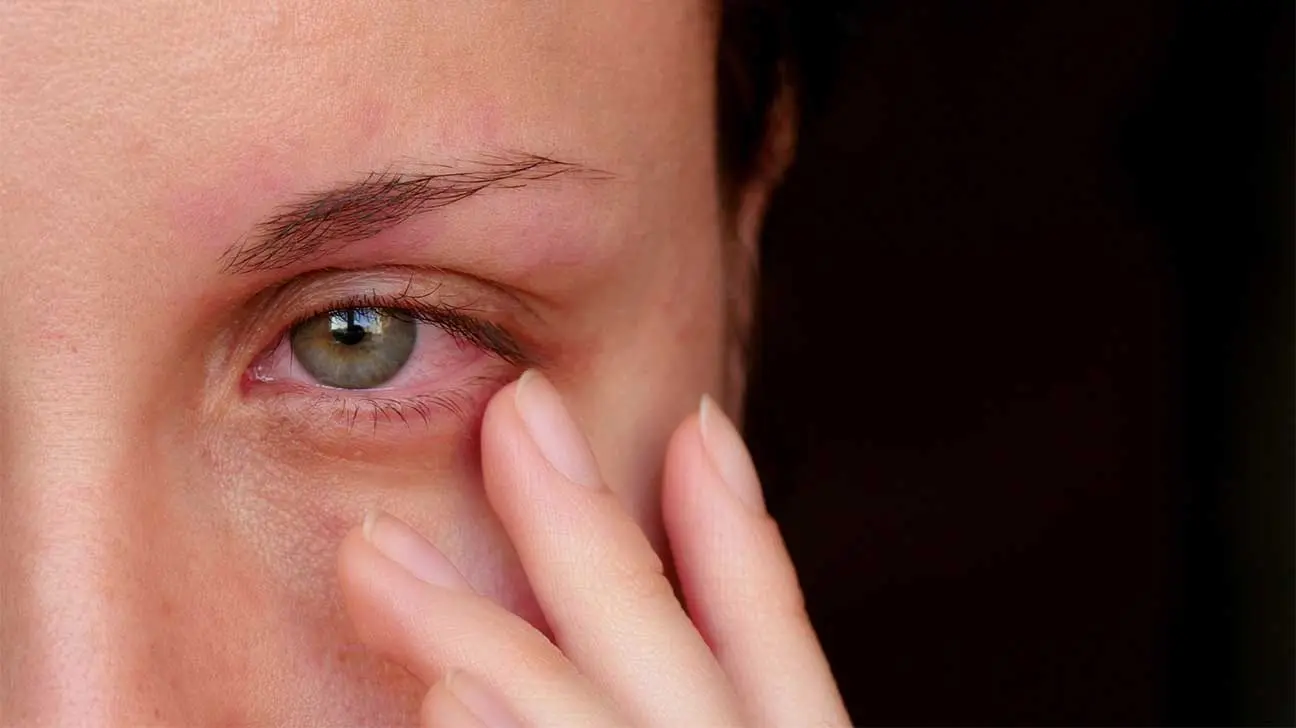
Heroin is considered to be one of the most addictive drugs available in the United States. In fact, statistics show that at least one out of every four people who try the opiate will develop an addiction to it after just one use.
For this reason, heroin has been deemed illegal by the U.S. Drug Enforcement Agency. Being in possession of heroin can cause a person to be arrested for a felony because of the threat that it could pose to themselves and other people.
One of the methods that law enforcement officials use to determine whether a person might potentially have heroin with them is to check them for a specific symptom that involves their eyes (a condition commonly called “heroin eyes”).
What Are Heroin Eyes?
A person is said to have heroin eyes if they have specific eye symptoms that are typically only caused by using this drug. The main symptom to know about is pinpoint pupils.
Pinpoint pupils occur when the pupils of the eye are so small that they look like tiny dots. Besides this noticeable feature, the rest of the eye will look glassy and red. Also, there will appear to be a brighter color in the iris than normal.
How Heroin Overdose Affects The Eyes
Heroin is an opiate that affects the parasympathetic nervous system of the body, which is part of the central nervous system. The parasympathetic nervous system is responsible for relaxing the body after it has gone through a stressful event that triggered the sympathetic nervous system.
The sympathetic nervous system tightens the muscles, speeds up the heart rate, and prepares the body for the possibility of needing to fight or flee from something that is dangerous. Once the stress is gone, the parasympathetic nervous system kicks in so that the body can have a slower heart rate and relaxed muscles.
If a person overdoses on heroin, this causes the muscles in the eyes to constrict the pupils because the signals that the eyes would normally pick up, like the changes in the light of the room, are blocked by the drug.
Pupil Constriction Due To Heroin Abuse
In order to understand what heroin does to your eyes, it helps to know why the pupils increase and decrease in size when a person isn’t taking drugs.
The pupils dilate (increase in size) whenever there is a limited amount of light available for someone to see. They also dilate when a person is stressed, angry, or sexually attracted to someone.
If the light in an area is too bright, the pupils will constrict (decrease in size). Some sexual experiences and other pleasurable events can trigger this response too because of the neurotransmitters that are released by the brain during these times.
Heroin constricts the pupils for a few hours or even several days after it is used because it affects these same neurotransmitters, which are connected to the parasympathetic nervous system.
How To Seek Help For Heroin Abuse
Heroin is a highly addictive drug that requires treatment at a drug rehabilitation center. It can affect other parts of the body besides the eyes, but addicted individuals are often good at hiding these symptoms.
Anyone who has concerns about what heroin eyes look like should contact one of our addiction treatment specialists for more information, especially if they have a loved one who has any of the above-mentioned eye symptoms.
Addiction Resource aims to provide only the most current, accurate information in regards to addiction and addiction treatment, which means we only reference the most credible sources available.
These include peer-reviewed journals, government entities and academic institutions, and leaders in addiction healthcare and advocacy. Learn more about how we safeguard our content by viewing our editorial policy.
- National Institute on Drug Abuse — What are the immediate (short-term) effects of heroin use?
https://www.drugabuse.gov/publications/research-reports/heroin/what-are-immediate-short-term-effects-heroin-use - National Institute on Drug Abuse — What are the long-term effects of heroin use?
https://www.drugabuse.gov/publications/research-reports/heroin/what-are-long-term-effects-heroin-use - U.S. National Library of Medicine: MedlinePlus
https://medlineplus.gov/ency/article/002861.htm


